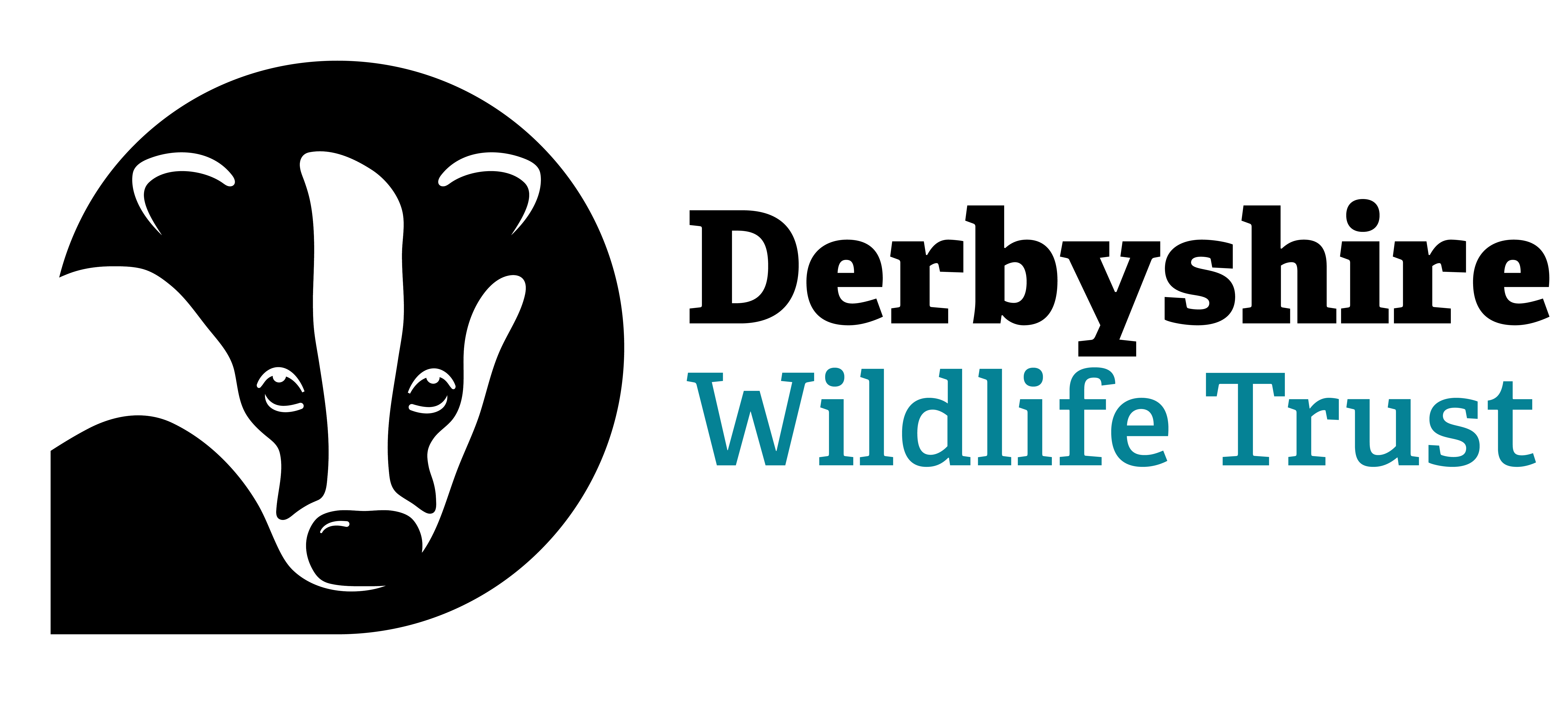A new report, published today from The Wildlife Trusts outlines radical steps required to help nature in Derbyshire adapt to climate change in order to survive.
The Wildlife Trusts’ first climate risk assessment, Changing Nature, examines the impacts of the changing climate across their estate, which includes 50 Derbyshire Wildlife Trust nature reserves.
The report assesses the risks and looks ahead at what is needed to help nature adapt and survive in the future. The findings come at a time when the UK is already one of the most nature-depleted countries in the world.
The research finds that, by the 2050s, under a future warming trajectory that reaches 3°C warming by 2100:
· Half of The Wildlife Trusts’ nature reserves will have 30+ days of very high fire risk yearly
· Almost all reserves will see more than 1°C increase on hot summer days by 2050
· 55% of reserves will see nearby river flows drop by more than 30% during times of low flow
Derbyshire Wildlife Trust is increasing action to cope with the risk of climate change-induced floods, fires, low river flows, high temperatures, coastal erosion, and drought. Innovative projects are helping nature adapt to change such as beaver releases, rewilding and restoring entire landscapes.
Findings show how extreme weather is already affecting many Derbyshire Wildlife Trust, including:
· Flooding – has impacted wildlife, damaged infrastructure, and increased river pollution
· Droughts – have lowered the water table on wetland nature reserves, dried out chalk streams and peat bogs, and concentrated pollution in rivers
Derbyshire Wildlife Trust wants to see increased effort from governments, business, and other landowners on climate adaptation, including greater investment in nature-based solutions and a specific focus on resilience.
The Trust is already providing innovative solutions to help wildlife on land and sea adapt to the changing climate from beaver releases and rewilding land to restoring wetlands and woodlands to help them store more water so lowland and urban areas don’t flood as frequently.
Working with local land-owners, farmers and community groups, the Trusts’ Derwent Connections project, is delivering a range of crucial ecosystem services, from carbon sequestration to natural flood management; and a landscape durable enough to withstand the untold impacts of climate change.
The long-term aim is to create woodland connecting the National Forest in the south to the Northern Forest and connect people to their landscape. As part of the work the Trust will undertake flood risk modelling to discover where is best to introduce nature-based solutions such as woodland creation and hedgerow planting to reduce flooding. Shorter time scale interventions, such as the construction of leaky woody dams in woodlands and on open ground, are also being implemented.
Kathryn Brown, director of climate change and evidence for The Wildlife Trusts, says: “Climate change is contributing more and more to nature’s decline with devastating consequences for people and wildlife. We are already stepping-up our efforts to restore habitats so that they benefit wildlife and are better able to store carbon. This report also shows the range of actions we are taking to help nature adapt to climate change and what’s needed in the future – from further rewetting of peatlands to backing community-led rewilding projects.”
Dr Jo Smith, CEO at Derbyshire Wildlife Trust, added:
“The projected impact of climate change on our nature reserves in Derbyshire is just the tip of the iceberg. If we’re really going to help nature thrive and tackle climate change then we need to be bigger and bolder. We need to restore and reconnect whole landscapes and communities. We need to rewild, to help natural ecosystems function properly, and recreate habitats for wildlife, and we must ensure we’re agile and able to adapt to what climate change will bring. We urgently need focus and investment to respond to the climate change in our region.”
‘Changing Nature, a report from The Wildlife Trusts’ can be downloaded here.
